
The car market in Nigeria is dynamic and multifaceted, catering to a diverse range of needs and preferences.
Aspiring car owners embark on a journey brimming with choices, considerations, and decision-making.
This guide strives to offer a thorough overview, equipping you with the necessary knowledge to navigate the Nigerian car market confidently.
Before making such a significant investment, several factors must be considered, including understanding the local market and ensuring legal compliance.
This guide will walk you through everything you need to know to streamline the car-buying process and make informed decisions.
Contents
Buying a Car in Nigeria: Key Takeaway Points
Set a realistic budget that accounts for the purchase price, registration fees, insurance, and ongoing maintenance costs.
Carefully research and compare different car models, taking into consideration factors such as fuel efficiency, safety ratings, reliability, and resale value.
Decide whether a new or used car better suits your needs and budget, weighing the pros and cons of each option.
Choose a reputable dealer or seller, whether it’s an authorized dealership for new cars or a certified pre-owned program or private seller for used cars.
Never skip the test drive and consider having a professional mechanic inspect any used car you’re interested in buying.
Explore financing options and obtain comprehensive car insurance before making your purchase.
Ensure all necessary paperwork and registration procedures are properly handled.
Prioritize regular maintenance and care for your new vehicle, following the manufacturer’s recommended service schedule and using authorized service centers.

Understanding the Nigerian automotive market
Nigeria boasts a vibrant car market characterized by a plethora of options spanning various price ranges and categories.
From compact city cars to rugged SUVs, the market caters to a wide spectrum of consumers.
Popular car brands like Toyota, Honda, and Hyundai dominate the landscape, offering reliable vehicles renowned for their performance and durability.
Trends indicate a growing preference for fuel-efficient models, reflecting a shift towards sustainability and cost-effectiveness.
As a result, potential buyers should also consider the economic factors at play.
The devaluation of the naira and rising inflation rates significantly affect car prices in Nigeria, making affordability a key consideration.
Initiatives like the National Automotive Industry Development Plan (NAIDP) will also support local manufacturing, which could result in more competitive pricing and a change in market dynamics.
For consumers, understanding these economic and regulatory factors is essential to navigate the market effectively and helps in buying car that meets both their needs and financial constraints.
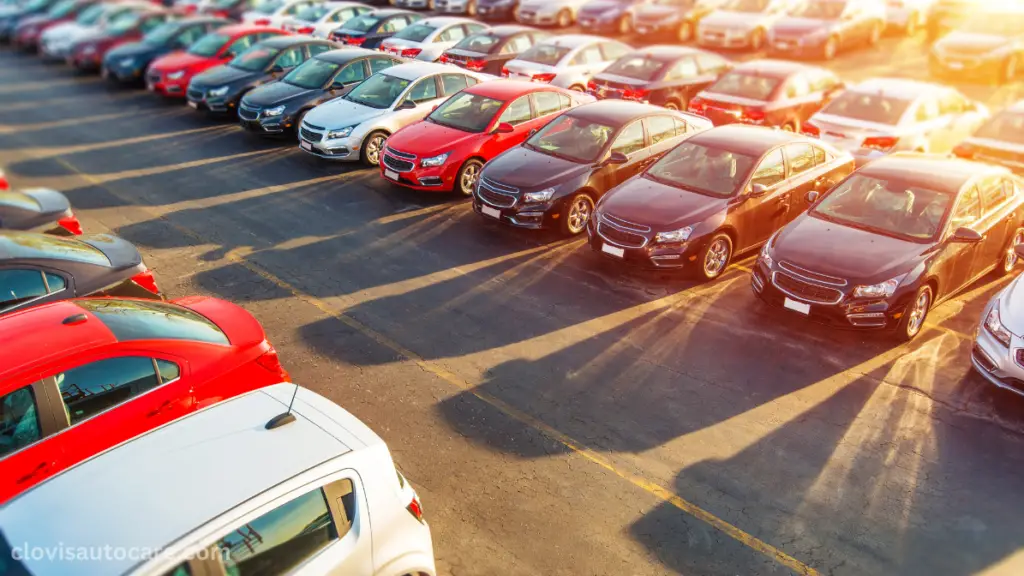
Finding the right car for sale in Nigeria
Embarking on the quest for the perfect car entails exploring numerous avenues, with car dealerships serving as primary destinations.
These establishments showcase an extensive array of vehicles, allowing prospective buyers to compare features, specifications, and prices.
But before that,
Determining your budget is a crucial step in buying a car in Nigeria. Consider your financial situation and evaluate how much you can comfortably afford to spend on a vehicle.
Remember to account for additional expenses such as insurance, registration fees, and maintenance costs.
Be realistic about your budget, and try not to stretch yourself too thin financially.
On top of that,
Conducting thorough research is essential, enabling informed decisions based on factors such as fuel efficiency, safety ratings, and resale value.
The best car-selling online websites like CarGurus, Jiji, Naijauto, and Cars45 can provide valuable insights into current market trends and pricing dynamics.
While new cars offer the charm of modern features and warranties, buying used cars presents cost-effective alternatives with their depreciation factored in.
In general, you should allow your needs to guide your decision rather than your wants in this situation.
Before you begin the purchasing process, you should ask yourself the following additional questions:
Are you looking for a new or used car?
If you are purchasing a used vehicle from Nigeria, what is the maximum age you are willing to accept?
Is it a manual or an automatic transmission you want?
Will you require a significant amount of cargo space?
Will the use involve any towing?
Budget: What are you willing to spend on the car acquisition and ongoing costs like fuel, insurance, and maintenance?
Purpose: What will be the car’s primary use? Do you use it for daily commutes, family outings, off-road adventures, or business purposes?
Whatever your answer above, please find my advice below.
If you’re considering buying a used car in Nigeria, be cautious of dealers or agents who use phrases such as “clean title,” “nothing to fix,” “used by a woman or banker,” “barely driven,” or “full option.”
Whenever possible, aim to buy used cars for sale in Nigeria directly from the owner, and ensure you understand their reasons for selling.
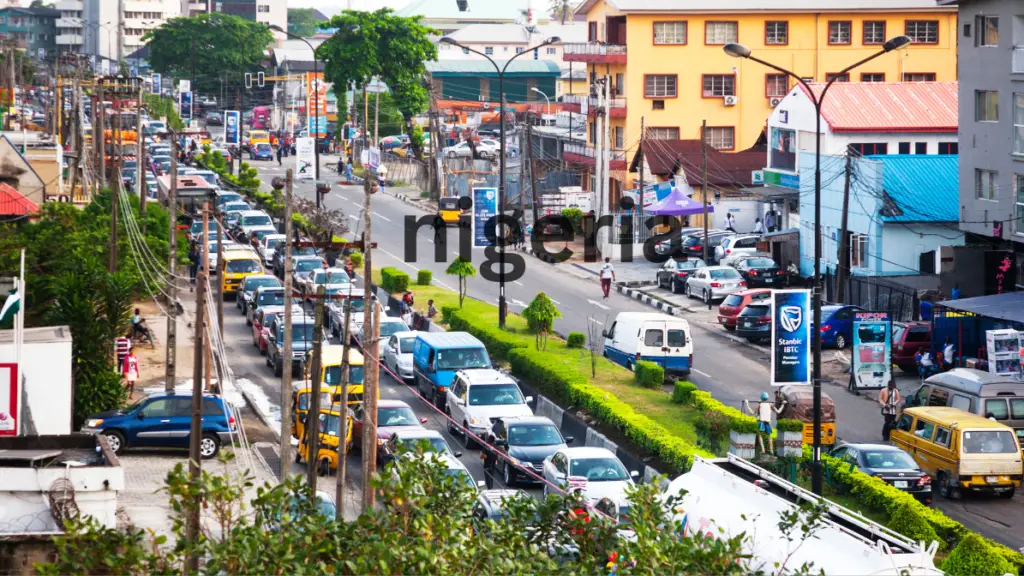
My take:
“When buying a used car in Nigeria, it’s crucial to bring a trusted mechanic. Ensure you agree on fair compensation for their service, regardless of whether the deal is successful.
This prevents dealers from influencing them. Be wary of ‘price wars’ with other ‘buyers’, as they may be in league with the dealer to drive up the price.
Remember, as a seasoned automobile electrician, I’ve seen these tactics used. Stay vigilant and informed to secure the best deal.”
Financing and Purchasing
When it comes to financing and the car buying process in Nigeria, understanding your options and the intricacies of the process is essential.
Financial institutions, including banks, offer car loans that provide a practical path to vehicle ownership, with terms and interest rates that vary.
It’s important to navigate these options with skill, ensuring you compare prices and negotiate effectively to secure the best possible deal.
Betacar financing has emerged as a solution for salary earners and business owners in Nigeria, offering a chance to purchase quality certified used cars with the convenience of paying over 12 to 24 months.
This initiative allows Nigerians to enjoy the best of both worlds, challenging the notion that quality must compromise affordability.
It also aligns with the concept of “buy car pay monthly in Nigeria,” providing flexibility and convenience to prospective car buyers.
With Betacar, you can invest in a quality vehicle without financial strain, ensuring that the car you drive is both reliable and reasonably priced.
When buying a used car in Nigeria, it’s crucial to inspect and verify all vehicle documentation to avoid scams and theft.
There is a list of eight documents that are essential to prevent the purchase of undocumented vehicles.
These include the original copy of the Computerized Motor Registration (CMR), current insurance coverage, driver’s license, certificate of roadworthiness, assigning plate numbers, and a fully stamped proof of ownership.
Additional documentation may include a change of ownership document, purchase receipt from the previous owner, tinted permit, police report, ownership transfer document, plate number, engine number, and chassis number.
Preparing for Ownership
One important point to prepare car buyers for ownership in Nigeria is to be aware of the hidden costs associated with owning a car.
These costs include insurance, fuel, servicing, paperwork, miscellaneous expenses, and expenses related to sorting people because you have a car.
Preparing for car ownership extends beyond the act of purchase, encompassing considerations ranging from practicality to legality.
Selecting the right car entails aligning features with individual needs and preferences, whether prioritizing fuel efficiency, cargo space, or safety features.
Calculating the total cost of ownership entails taking into account expenses such as insurance premiums, maintenance costs, and periodic servicing.
Importing a car to Nigeria involves navigating bureaucratic procedures and adhering to regulatory requirements, underscoring the importance of diligence and patience.
Registering a car requires compliance with legal formalities, ensuring adherence to licensing and taxation regulations.
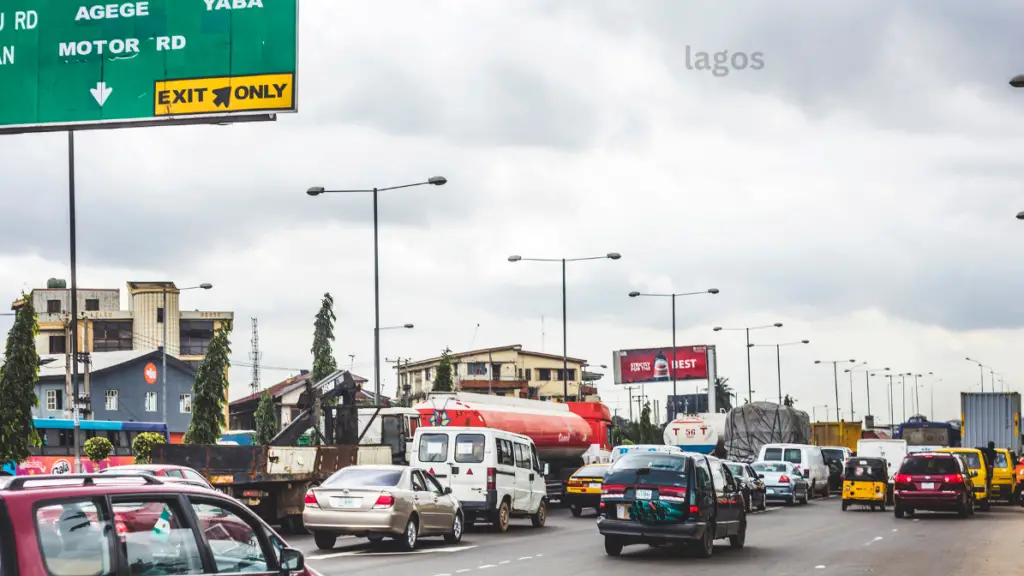
Maintenance tips
Taking care of your car’s maintenance probably isn’t the most exciting thing you need to do.
But it’s worth the time and money to give your car some regular care. It will keep you safe and save you money.
Identifying reliable mechanics and service centers is imperative for facilitating timely repairs and preventive maintenance.
Here are some maintenance steps to make sure you have the best time with your car.
Regular oil changes
Air filter replacement
Keep your car clean.
Replace windshield wipers.
Check tire pressure.
fluid level checks
Brake check or brake pad replacement
Battery care
Wheel balancing and alignment
bulb replacements
Check your coolant.
Inspect your belts and hoses.

conclusion
This comprehensive guide provides valuable information for buying a car in Nigeria. It highlights the dynamic and diverse car market in Nigeria, with popular brands like Toyota, Honda, and Hyundai dominating the landscape.
Economic factors such as the devaluation of the naira and rising inflation rates affect vehicle costs, making affordability a key consideration.
The guide emphasizes the importance of determining a budget, conducting thorough research, and considering factors like fuel efficiency and resale value.
It also discusses financing options, verifying vehicle documentation, and preparing for car ownership.
Overall, this guide equips potential car buyers with the necessary knowledge to navigate the Nigerian car market confidently.
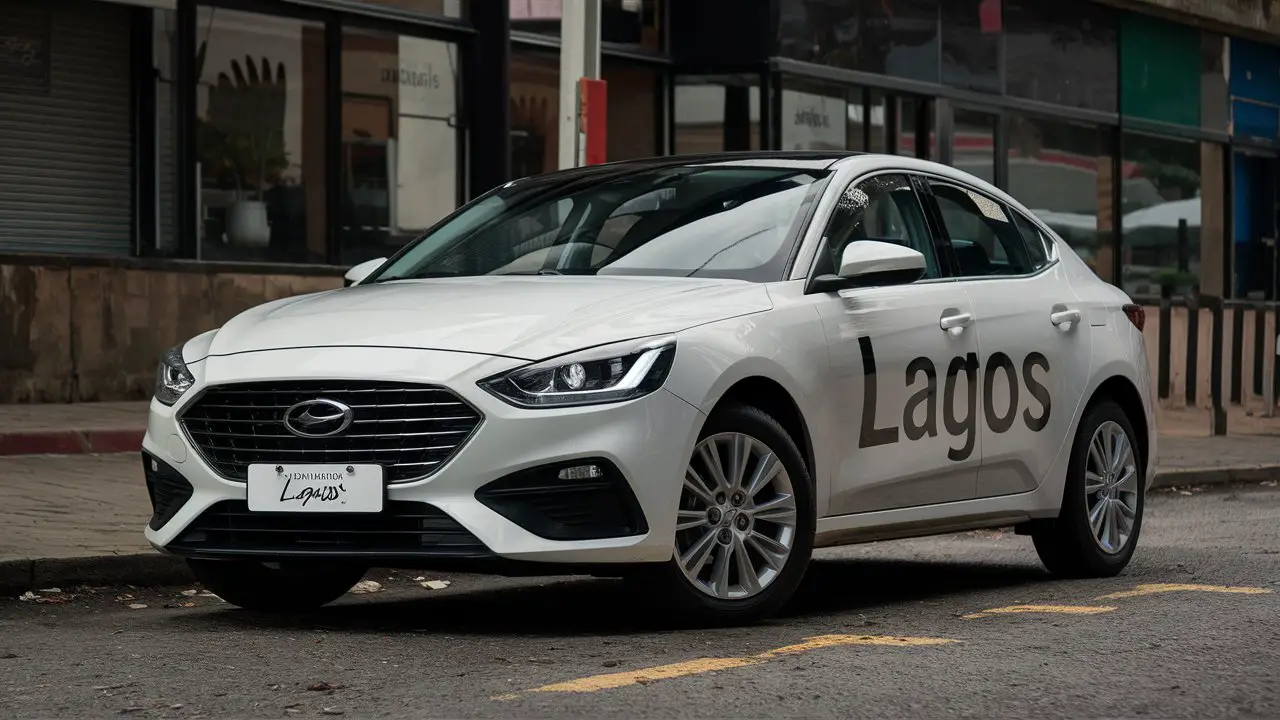
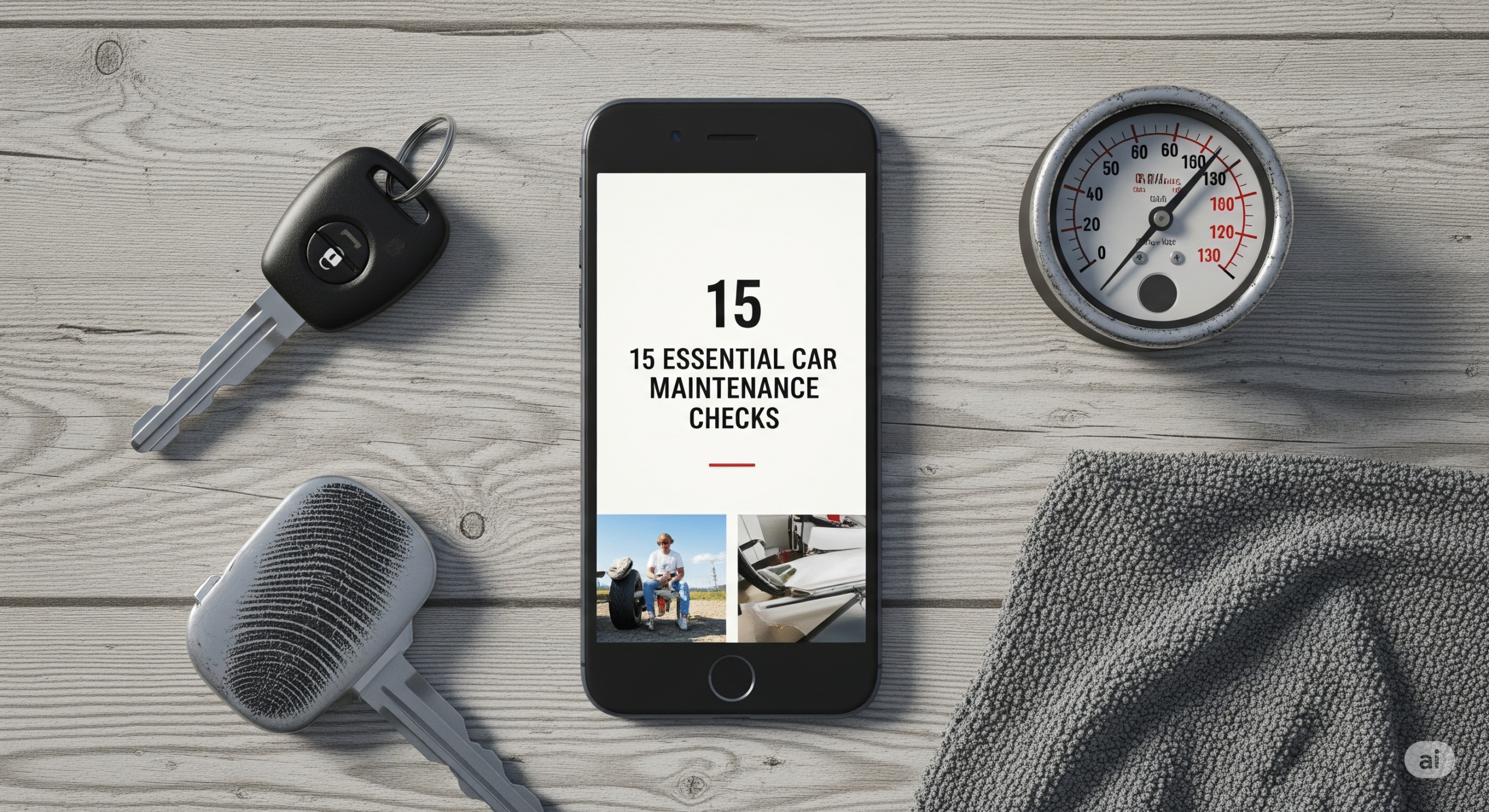
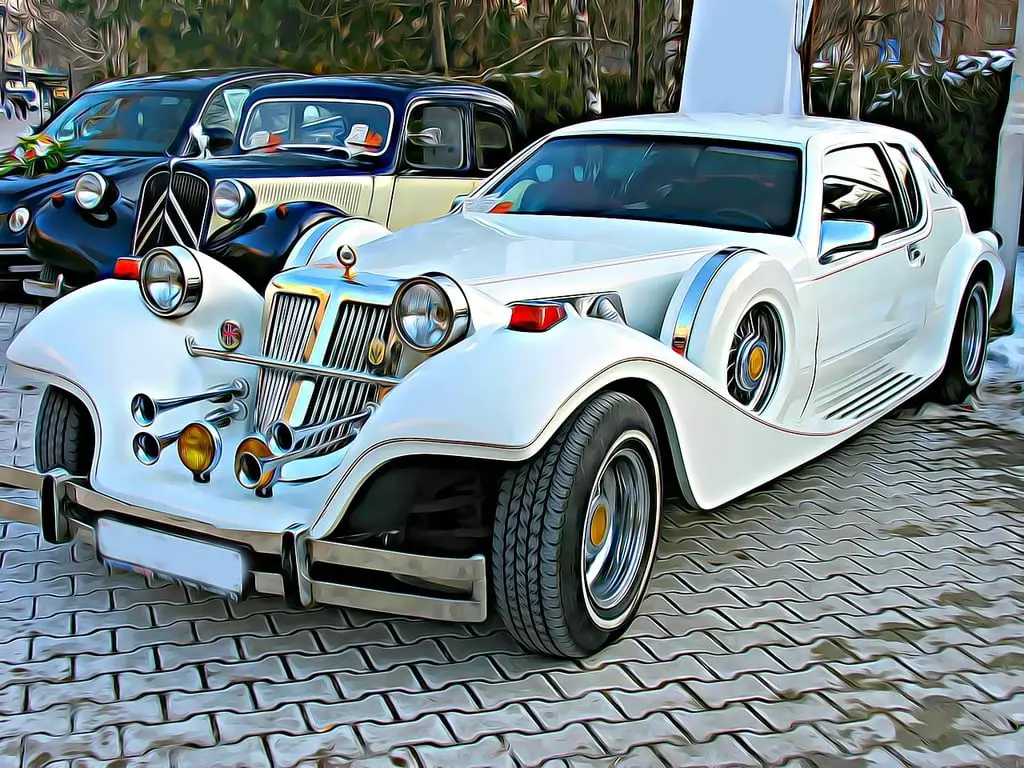
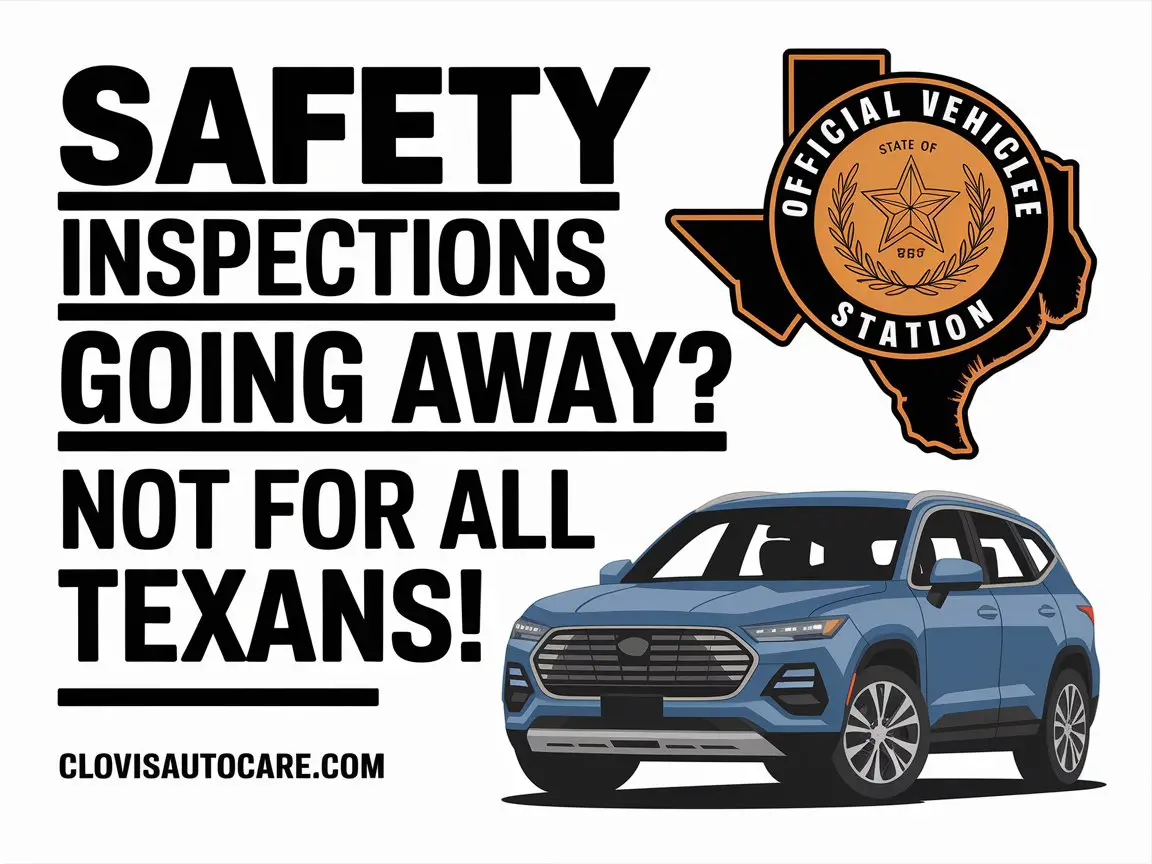
Leave a Reply